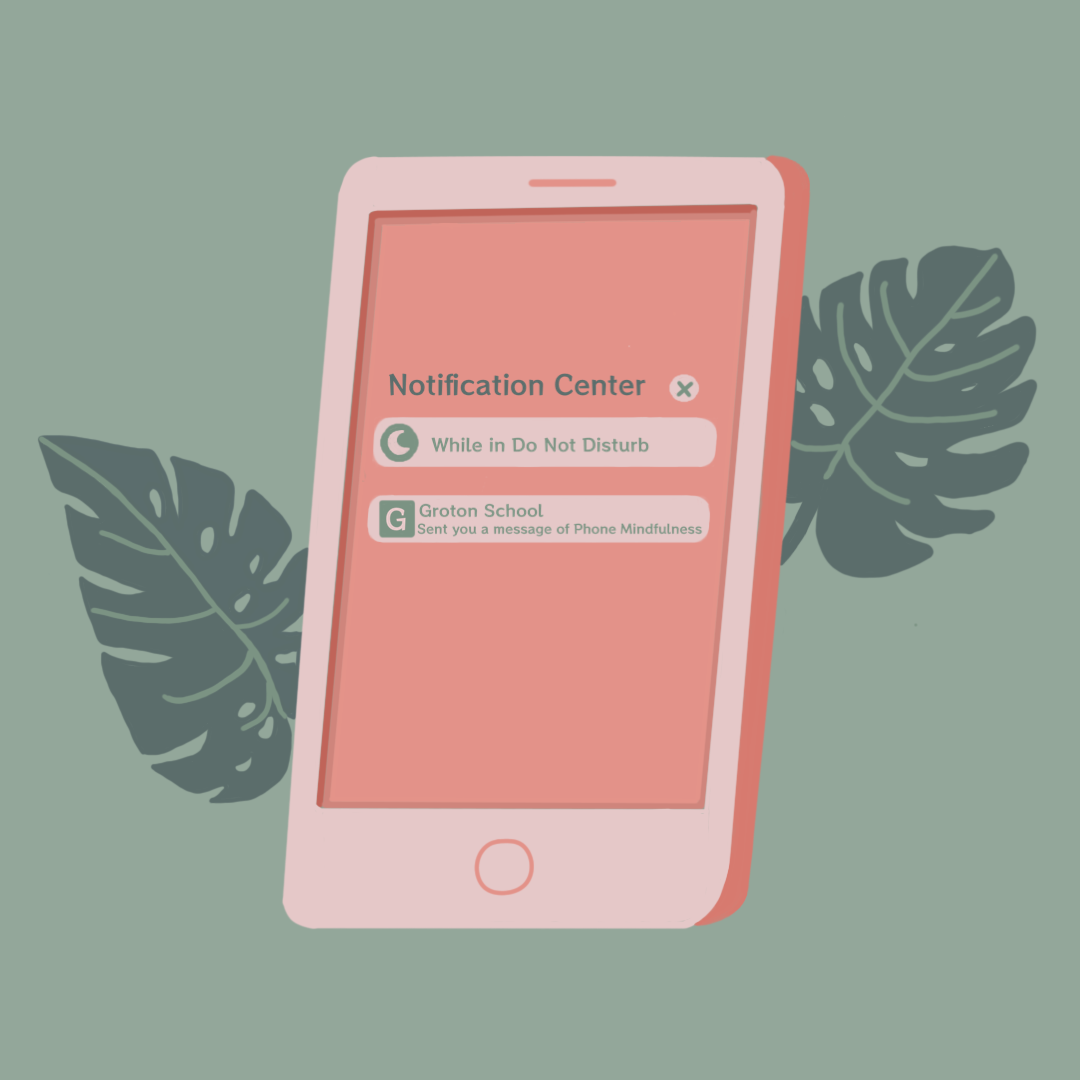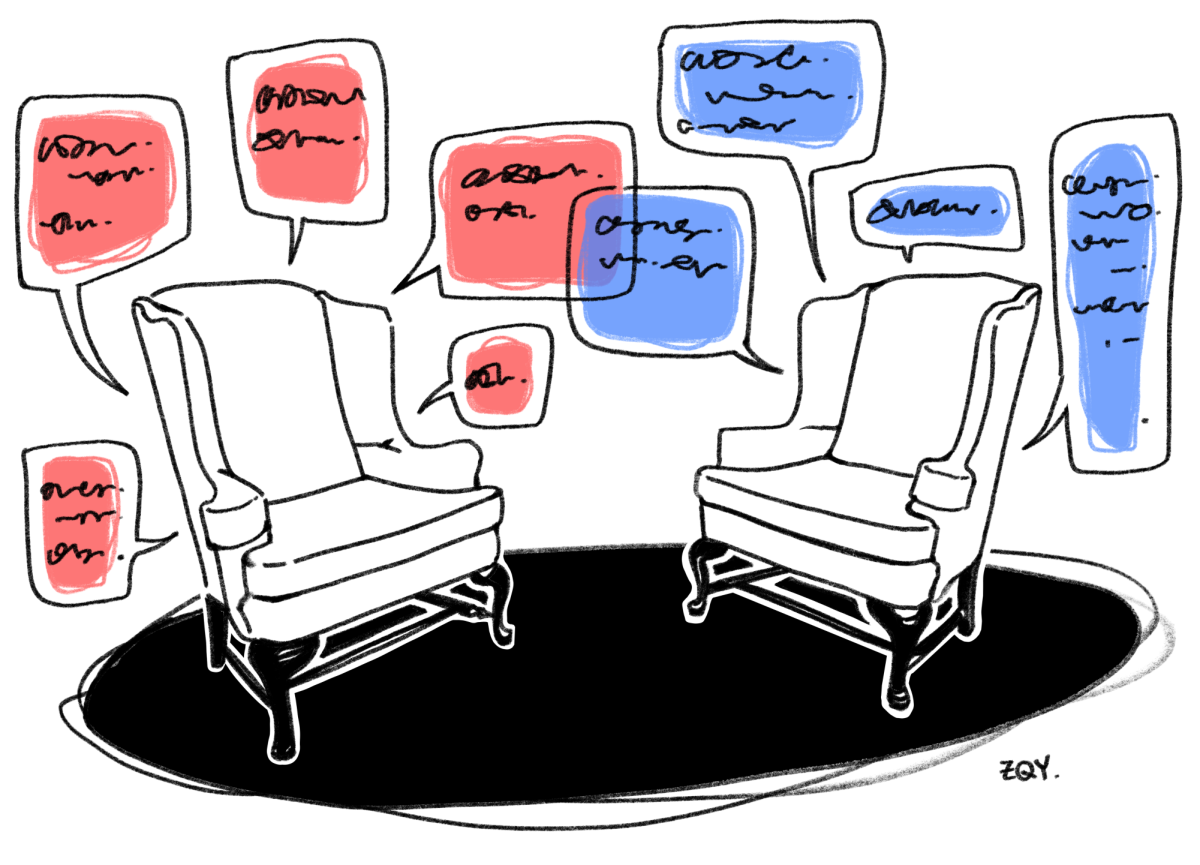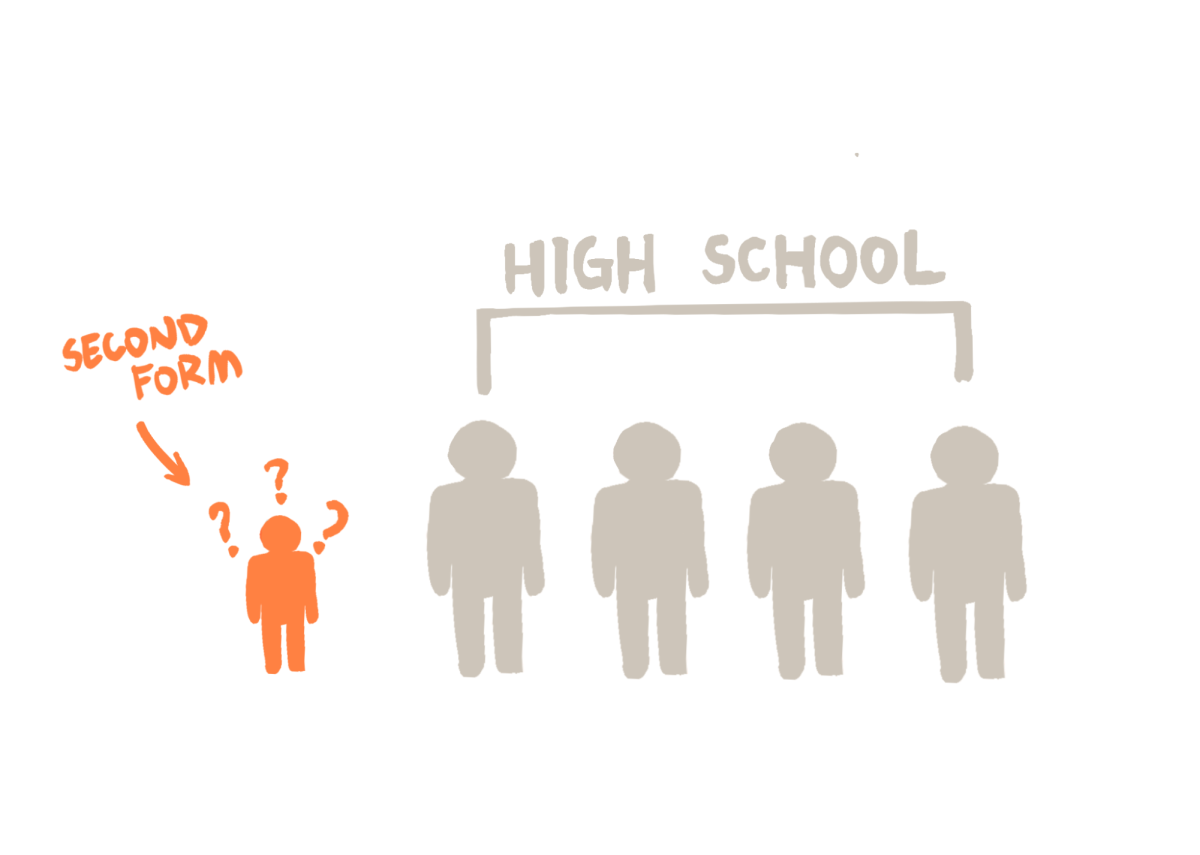Last week as I was walking through the Schoolhouse, checking my schedule, I looked up to find Headmaster Temba Maqubela with his hand outstretched, reaching for my phone. I scrambled as I tried to explain the situation, shamefully handing over my phone. However, Mr. Maqubela had pity on me and informed me that this was my first and final warning as he already had a tower of phones sitting in his office.While I was initially frustrated that I could no longer easily check my phone, as I went throughout the day phone-free, I felt an odd sense of liberation and productivity. This new policy that seemed an inconvenience was really an opportunity for a reevaluation of my priorities.
Mr. Maqubela, disapproving of the term “phone ban,” prefers to refer to this recent regulation as “phone mindfulness.” He believes that constant screen time takes time away from engaging in meaningful conversations as well as being more productive. “We are at Groton on borrowed time,” says Mr. Maqubela. In other words, he explains that our time here is limited and should be spent with others, instead of constantly checking for notifications.
Arguably the most valued part of Groton is the community that forms during our high school years, as well as the years that follow graduation. Mr. Maqubela emphasizes building relationships with his former students and aims to maintain these bonds once students graduate. This sense of community simply cannot be achieved to the same extent if people are always checking their world online: huddling over a video game in the corner of the library, editing a Google Doc while strolling through the hallway, or scrolling through social media to avoid interaction. When asked why he decided to bring back the phone policy, he shared his goal to have a conversation with every single Sixth Former before Prize Day. This decision to bring back the “no phone policy” speaks to Groton’s desire to keep our community strongly interwoven.
It is also crucial to recognize the mental health issue that’s connected to excessive phone usage. This damaging effect of social media on the mental health of teens and adults alike is not a new message; but despite the wealth of data confirming this issue, little is done to combat it. Although we were quick to question if this new phone policy was enough to combat such a large issue on its own, Mr. Maqubela calmly replied that “all [he] can do is try.” Although Mr. Maqubela’s attempts to connect and improve the lives of students may seem ambitious, his intent is sincere and well-founded.
While not being able to use your phone may seem like a nuisance, it is ultimately beneficial for our community to be unplugged during the school day. This encourages a more productive environment, and more frequent face-to-face conversations with people. As Mr. Maqubela says, “You can’t be tight with others if you are tight with your phone.”







